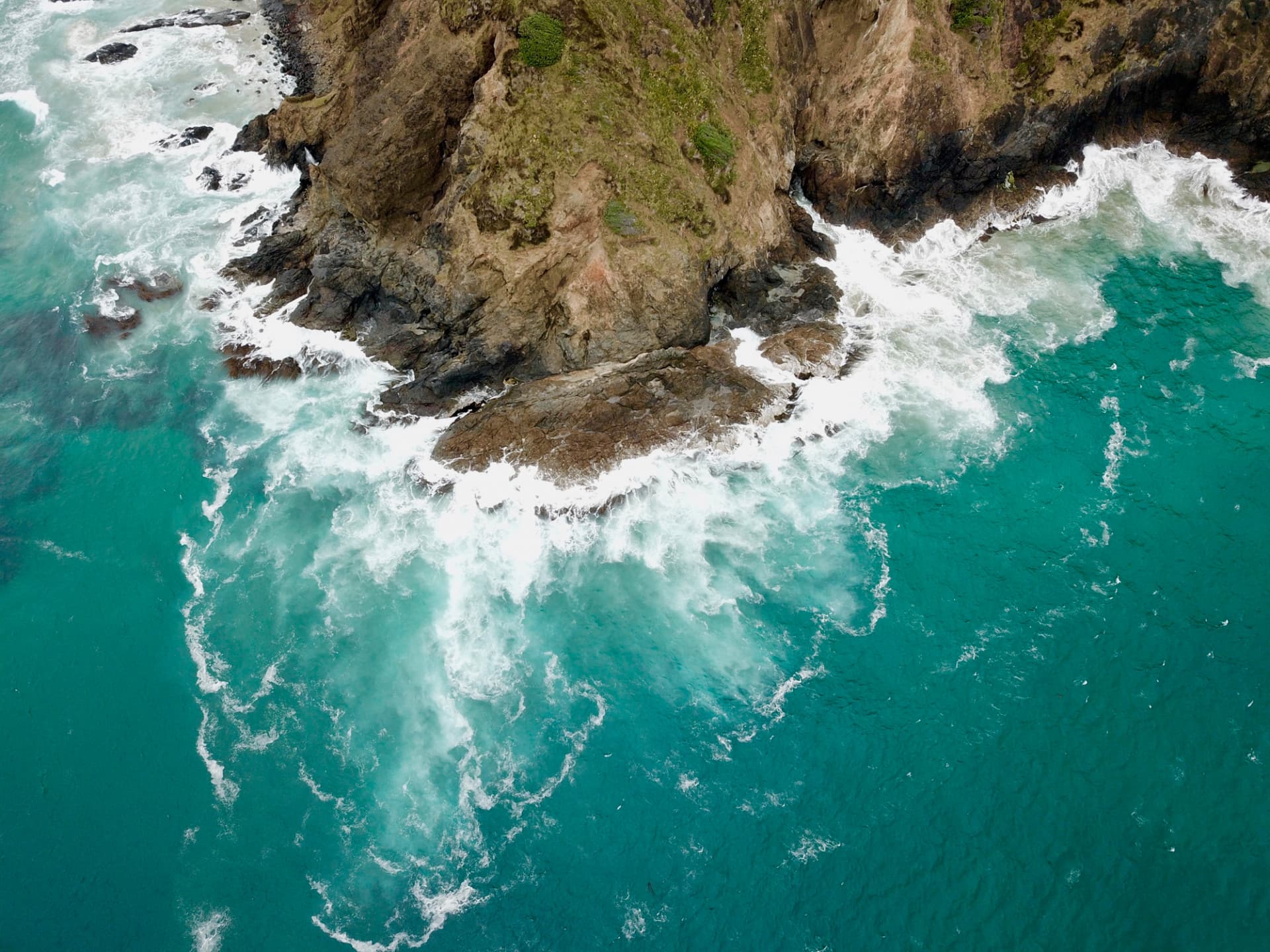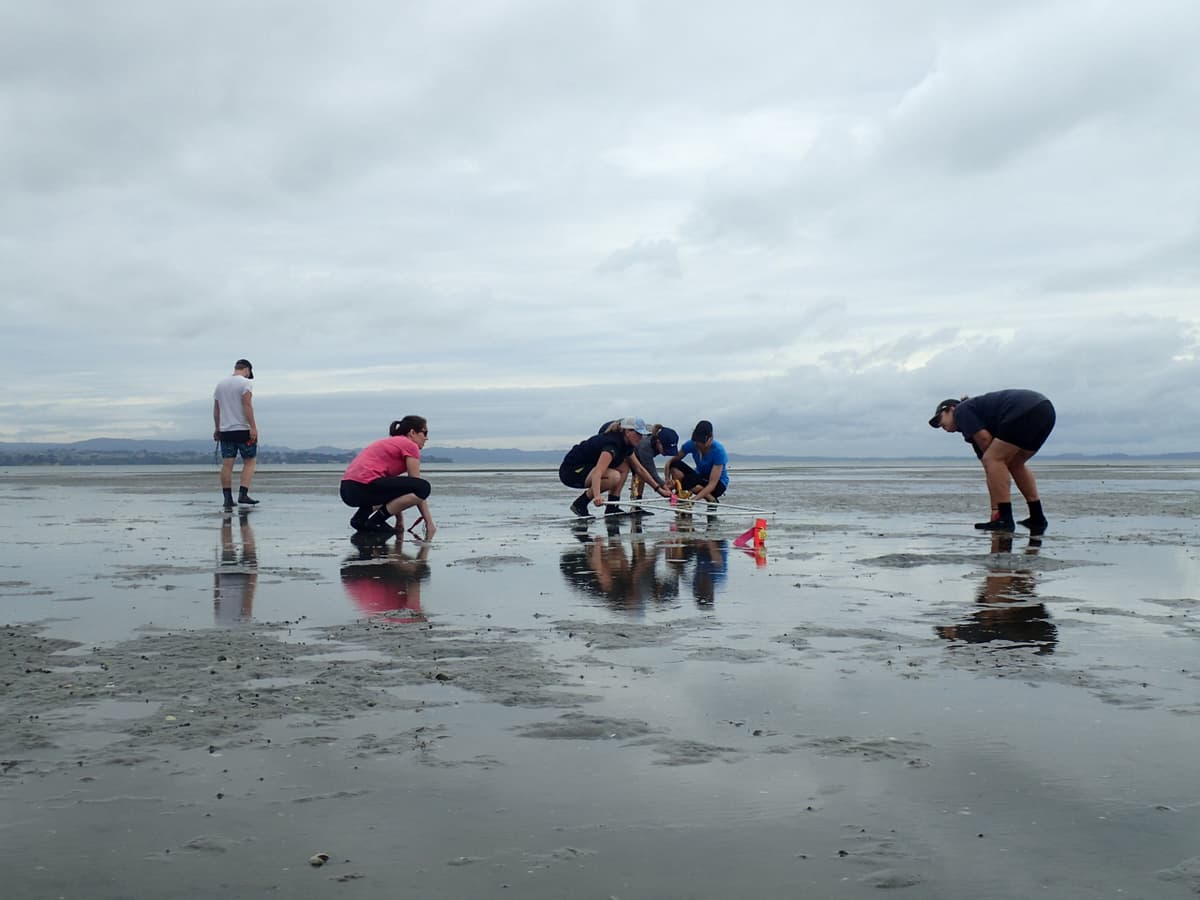

This impact case study describes how recommendations for designing robust monitoring programmes are being taken up by regional councils (August 2020).
The reports Our Marine Environment (MfE/Stats NZ, 2019) and Managing our estuaries (Parliamentary Commissioner for the Environment, 2020) highlighted issues around data gaps and how these affect marine management decision-making. The PCE recommended establishing a “robust monitoring system to help local government and communities make informed decisions”.
This is because the cumulative effects of stressors caused by human activities and natural causes can lead to a ‘tipping point’, where an ecosystem loses its capacity to cope with change and it rapidly transforms (see diagram).
Tipping points are difficult to predict and often result in the loss of valuable marine resources or ecosystem services.
Ongoing, long term environmental monitoring is critical to:

Our Tipping Points project identified the critical factors to consider, and the recommended data required, for a robust monitoring programme.
The team also provided guidance for options if existing data sets do not meet these recommendations, and the associated effect on the monitoring programme’s robustness.
Following publication of the research in peer-reviewed papers, we developed user-focused guidance that summarises the research findings and provides clear recommendations for implementation, as well as directly engaging with marine managers.
As a result, some recommendations already been put into effect by Auckland Council, and are being considered by other regional councils.
The Council provided the research team with time series data from the Council’s monitoring in Manukau Harbour for a case study. The team analysed the full data set and compared this with analyses where they restricted data to simulate reduced sampling frequency.
This showed that decreasing sampling frequency:
"The council used the results of this analysis to underpin their decision to reduce the frequency of their sampling in Manukau and Central Waitemata with minimal impact on the effectiveness of the monitoring." Megan Carbines, Principal Scientist at Auckland Council
"I have reviewed our soft sediment monitoring programme and have made recommendations to strengthen it in relation to number of sites and possible covariables, based on information and documents that have been produced in recent years, including the Sustainable Seas Challenge guidance. These recommendations are now in review as part of the Council’s long-term planning process." Lesley Bolton-Ritchie, Senior Scientist – Coastal Water Quality and Ecology
Judi Hewitt, NIWA
